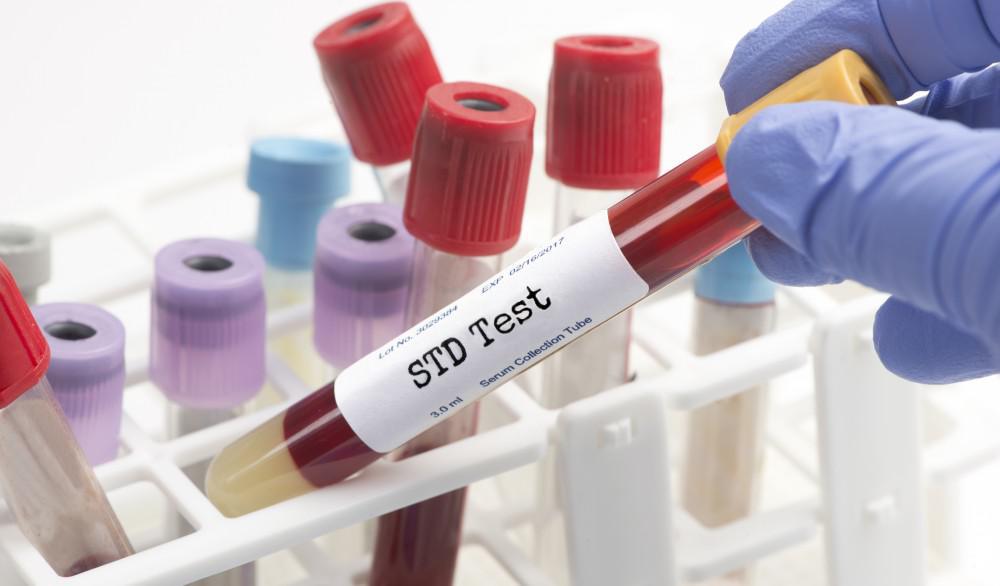Sexually transmitted diseases (STDs) are illnesses that may be passed from one person to another, most frequently through the vaginal, anal, and oral routes of transmission. They are quite prevalent, and a significant portion of the population that carries them does not exhibit any symptoms. Without treatment, sexually transmitted diseases (STDs) can cause major health issues. The good news, though, is that being tested isn’t a huge problem, and the majority of STDs can be treated easily. Visit STD testing Los Angeles today to be safe.
Having a sexual connection requires you to have a conversation about the risks of contracting sexually transmitted diseases (STDs). You are not the only one who has felt uncomfortable approaching the topic of dialogue with their significant other. When it comes to addressing sexually transmitted diseases (STDs), many people experience anxiety for a variety of reasons, including fear, shame, or simple ambiguity about what to say.
Table of Contents
How To Talk To Your Partner About STD Testing
The discussion about sexually transmitted diseases (STDs) doesn’t have to be stressful for either you or your partner, even if neither of you is entirely sure how to approach the topic.
The first steps are outlined below for you here:
Have A Conversation With Your Primary Care Physician
First, have a conversation with your primary care physician about being tested for sexually transmitted diseases (STDs) before you broach the subject with your significant other. It is important to have this chat with a partner before engaging in sexual activity with them once you have determined your personal status with regard to sexually transmitted diseases (STDs). That way, you won’t have to worry about the potential downsides of having sexual relations while still having a good time.
Have A Strategy Ready
Having a strategy ready to go before you have the talk might help make it less difficult. Think through what you want to communicate to your partner and what information you want from them. Planned Parenthood says that one method to ease into the conversation is to discuss the results of your most previous STD test and inquire whether your partner has recently had such a test.
Have A Clear Understanding
In addition to determining whether or not either of you presently has an STD, you will also want to think about the method of contraception that you will use and whether or not either of you might engage with other people. These factors will have an impact on how frequently each of you should be tested for STDs. It is essential for the two of you to have a clear understanding of what to anticipate and how you will maintain your safety, regardless of sexual activity.
This discussion does not have to be as difficult or unnecessarily formal as you might think. Just be up open with your partner and let them know that before you engage in sexual activity, you want to know what you’re both up against and take precautions to keep yourselves safe.
Other Things To Keep In Mind
If you and your spouse approach the subject with an attitude of openness and relaxation, it will help reduce any stress that may arise while discussing sexual health. You and your partner need to be free to have this conversation without the burden of worrying about being judged in any way.
There is no need to freak out if either you or your partner reveals that you have an STD. Above all, be sympathetic. It is a sign of trust between partners when one of them comes clean about having an STD since it demonstrates that the other person cares about your health. Because your spouse may feel ashamed about having an STD, you must show respect to them at all times.
Suppose either you or your spouse has an STD that does not necessarily have obvious symptoms, such as Viruses, gonorrhea, syphilis, or herpes. In that case, it is even more important that you be tested on a regular basis and have open communication with your partner about your sexual health. Have a conversation with your primary care physician about the types of tests you should have, how frequently you should get them, and where. Choose STD testing in Los Angeles for safe procedures.
Why It Is Important To Talk To Your Partner About Std Testing
Your spouse may be uncomfortable with the idea of being tested for sexually transmitted diseases (STDs). Inquire why she or he has not been tested for sexually transmitted diseases (STDs), but do so without any kind of criticism or judgment. Your spouse may have some misconceptions about what it’s like to go through the testing process, which you may gently clarify for them.
Your partner may be as anxious about the outcome. However, the sooner you can determine whether or not you have an STD, the sooner you may begin treatment and discuss how you will proceed in the future.
It is important to be aware of how frequently you should check you and your partner in the first place. This frequency should be determined by a number of characteristics, including age, gender, sexual preference, and lifestyle. At least once each year, sexually active people in exclusive partnerships should get examined for sexually transmitted diseases, preferably from STD testing in Los Angeles.
You can look for free STD testing near you or free STD testing in Los Angeles in case of emergencies.

